Russia to UN chief, Security Council: Ukraine use of 'dirty bomb' act of nuclear terrorism
Russia says Ukraine's pending plans to deploy a so-called dirty bomb during the ongoing war in the ex-Soviet republic, amounts to an act of "nuclear terrorism," urging the United Nations to help avert the prospect.
"We will regard the use of the 'dirty bomb' by the Kiev regime as an act of nuclear terrorism," Russia's UN Ambassador Vassily Nebenzia wrote in a letter, seen by Reuters, to the world body's Secretary-General Antonio Guterres and the UN Security Council on Monday.
"We urge the Western countries to exert their influence on the regime in Kiev to abandon its dangerous plans threatening international peace and security," he wrote, adding, "We call on the secretary-general of the United Nations to do everything in his power to prevent this heinous crime from happening," the envoy added.
Dirty bombs, which are also known as Radiological Dispersal Devices (RDD), are not as potent as nuclear weapons, but can disperse radioactive materials throughout the targeted areas upon explosion.
Moscow has announced that it is planning to raise its concerns in this regard at the UN Security Council on Tuesday.
The developments came amid an ongoing Russian "special military operation" in Ukraine, which Moscow initiated in late February.
The Kremlin says it launched the operation in order to defend the pro-Russian population in the eastern Ukrainian regions of Donetsk and Luhansk against persecution by Kiev.
Back in 2014, the two republics broke away from Ukraine, refusing to recognize a Western-backed Ukrainian government there that had overthrown a democratically-elected Russia-friendly administration.
Ukrainian President Volodymyr Zelensky has responded to Russia's "dirty bomb" allegations by reciprocally accusing Moscow of planning such attack so it can blame it on Kiev.
Ukraine-allied Western countries have also rejected Russia's allegation, claiming that Moscow is trying to enable escalation of the conflict.
Also on Monday, Britain's mission to the United Nations alleged in a tweet that "Ukraine has no nuclear weapons."
Earlier, UN spokesman Stephane Dujarric said, "All parties should avoid any actions that could lead to miscalculation and escalation of what's already a devastating conflict."
The UN Security Council has met dozens of times on Ukraine, but has been unable to take any meaningful action because Russia is a veto-power, along with the United States, China, Britain and France.
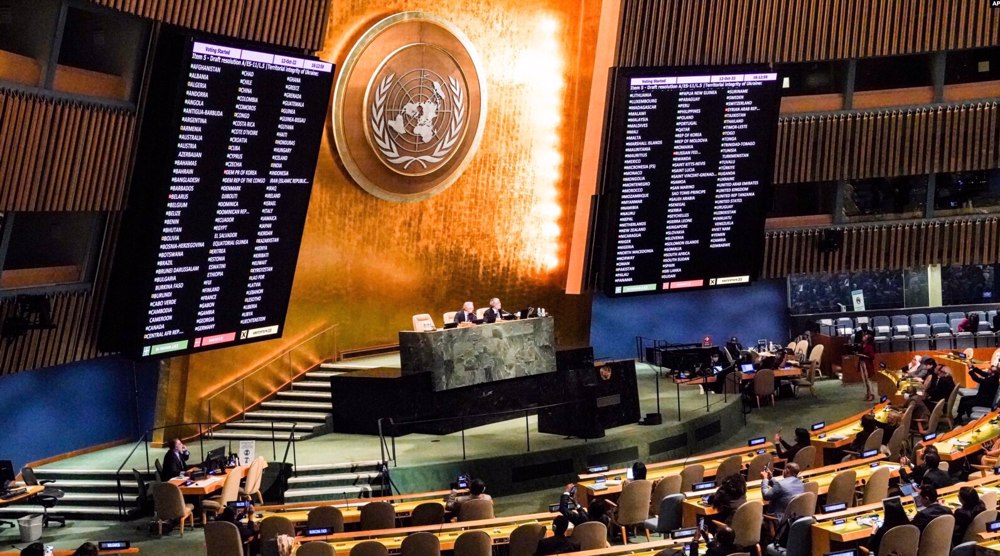
US to propose own UN resolution on Russia-Ukraine conflict
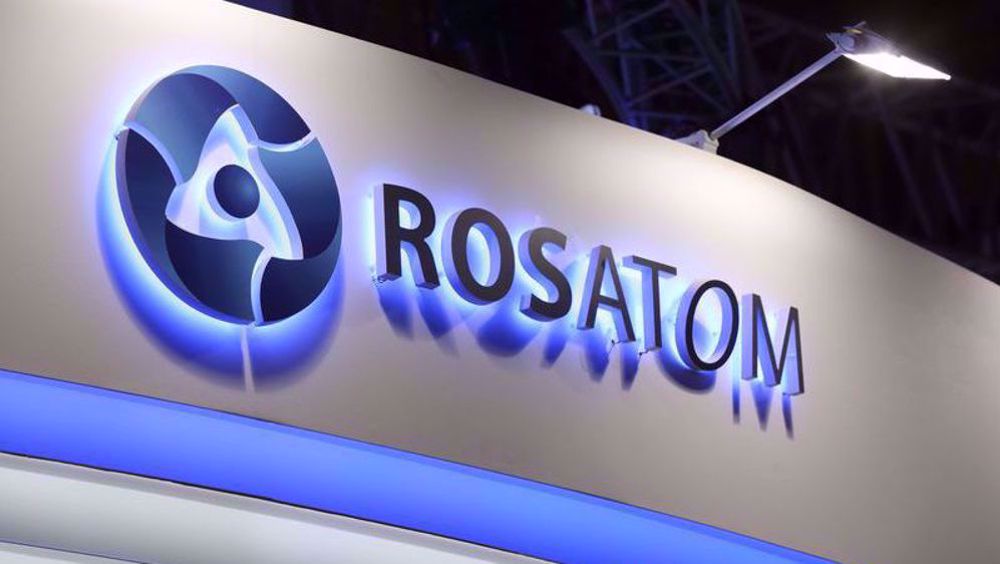
Russia’s Rosatom in ‘large-scale’ talks with Iran to build another power plant: CEO
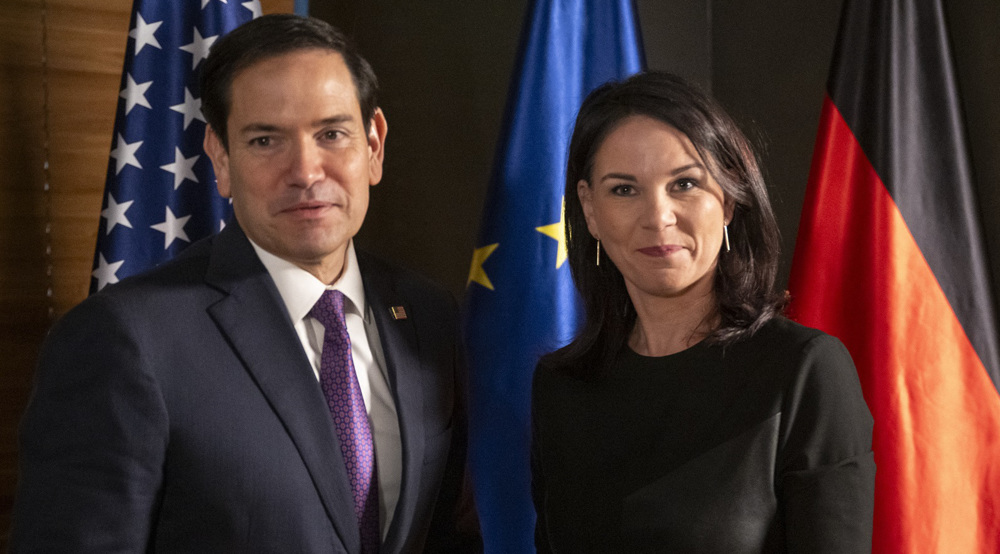
Germany: Europe should pressure Trump to prevent US-Russia alliance
Netanyahu: Israel won't allow Hayat Tahrir al-Sham forces in southern Syria
Hezbollah leaders’ historic funeral showed resistance strength: Islamic Jihad
Iran reports surge in air traffic as Austrian, Lufthansa resume flights
VIDEO | South Africans set to lobby government to isolate Israel
IRGC chief: Nasrallah decisive figure in regional equations with global dimensions
VIDEO | Press TV's News Headlines
Netanyahu's son 'exiled abroad for hitting his father': Knesset member
Iran money supply up 28.4% y/y in late January: CBI


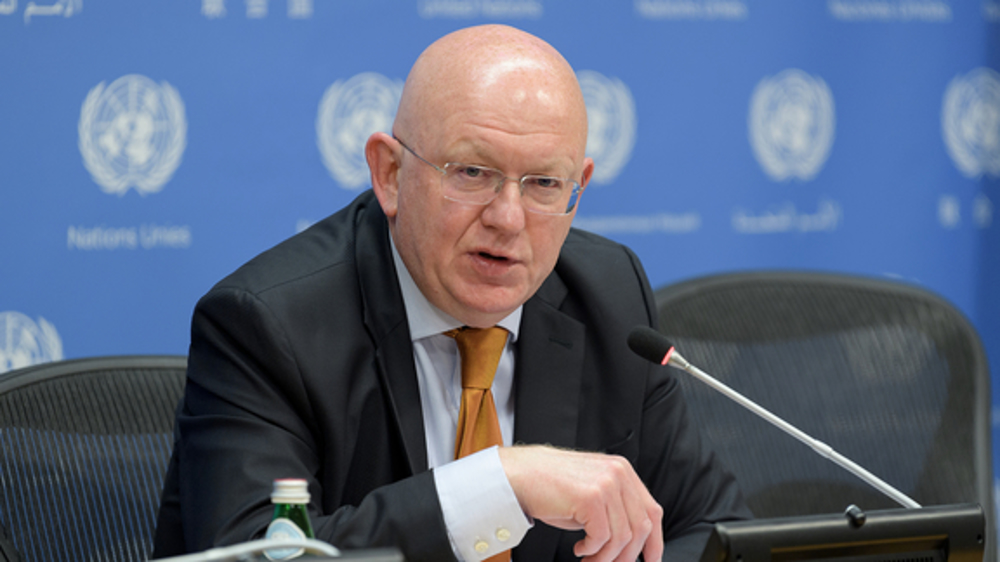
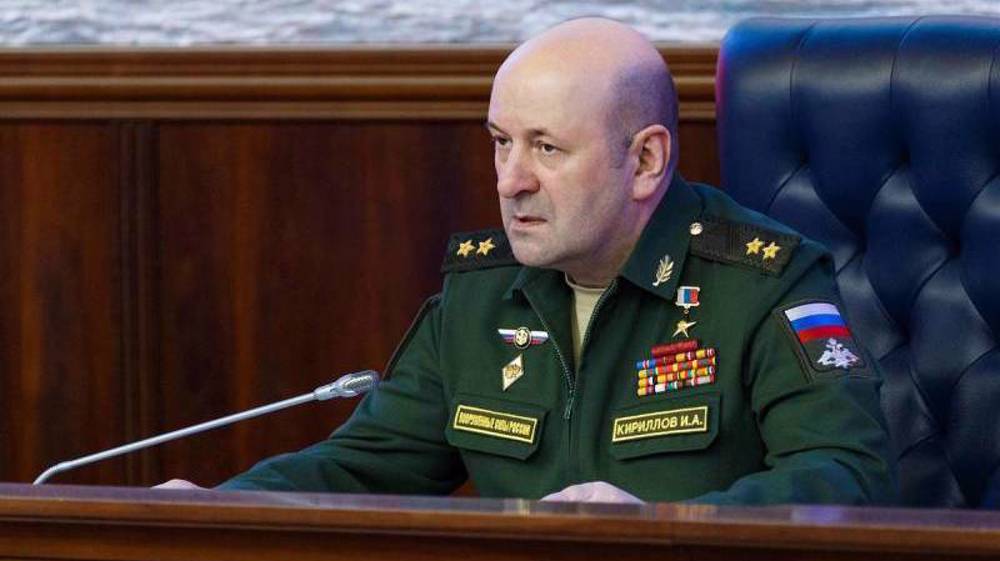



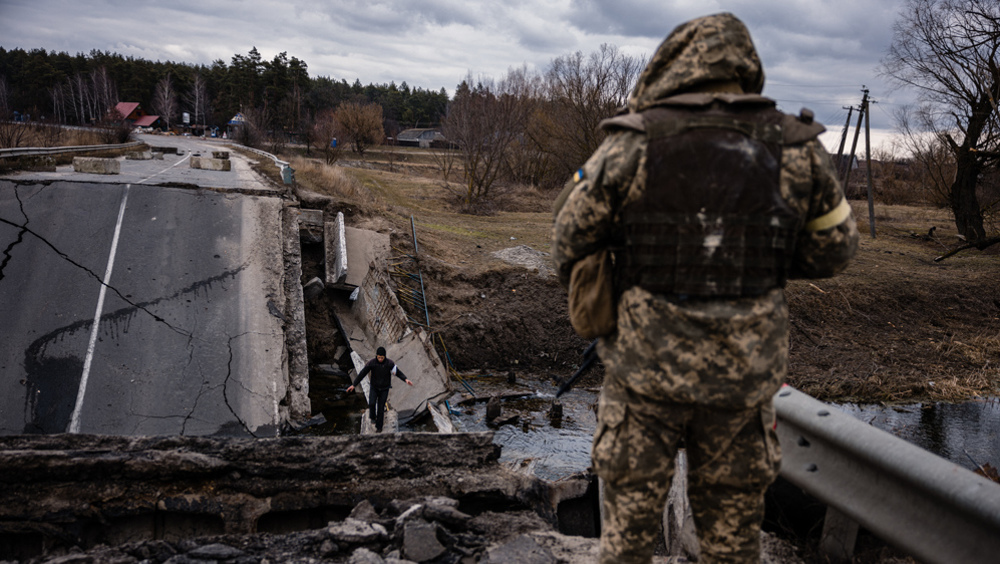
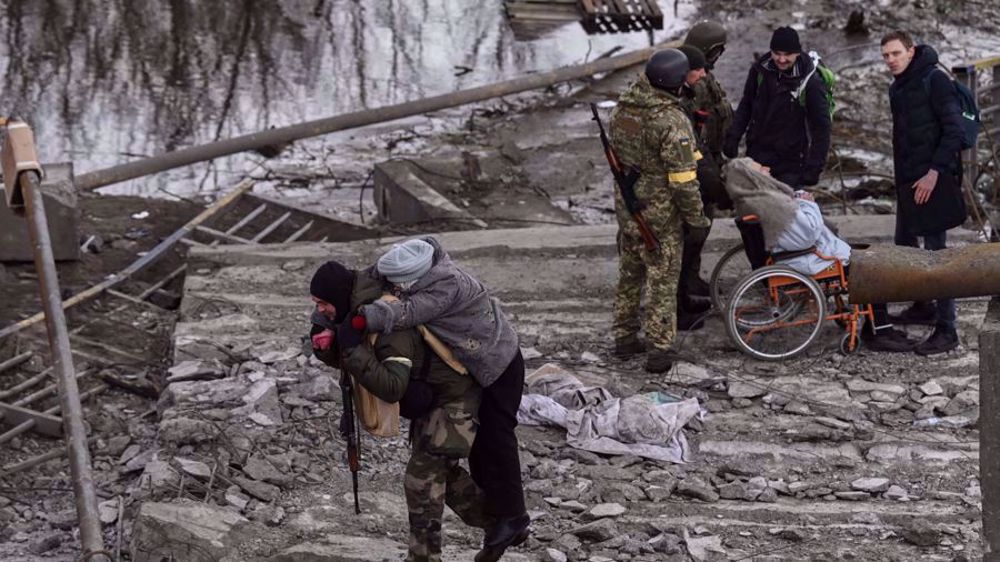
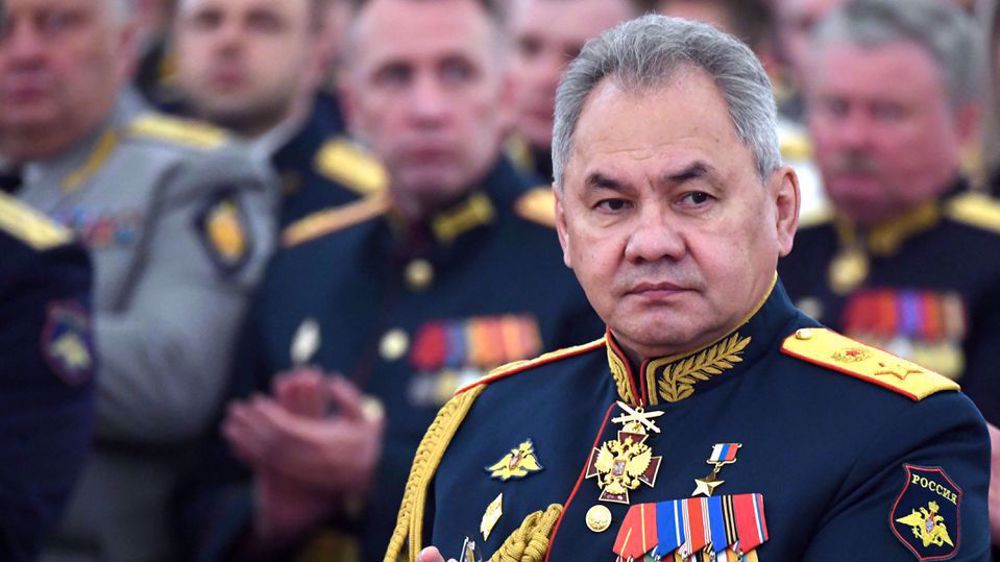

 This makes it easy to access the Press TV website
This makes it easy to access the Press TV website